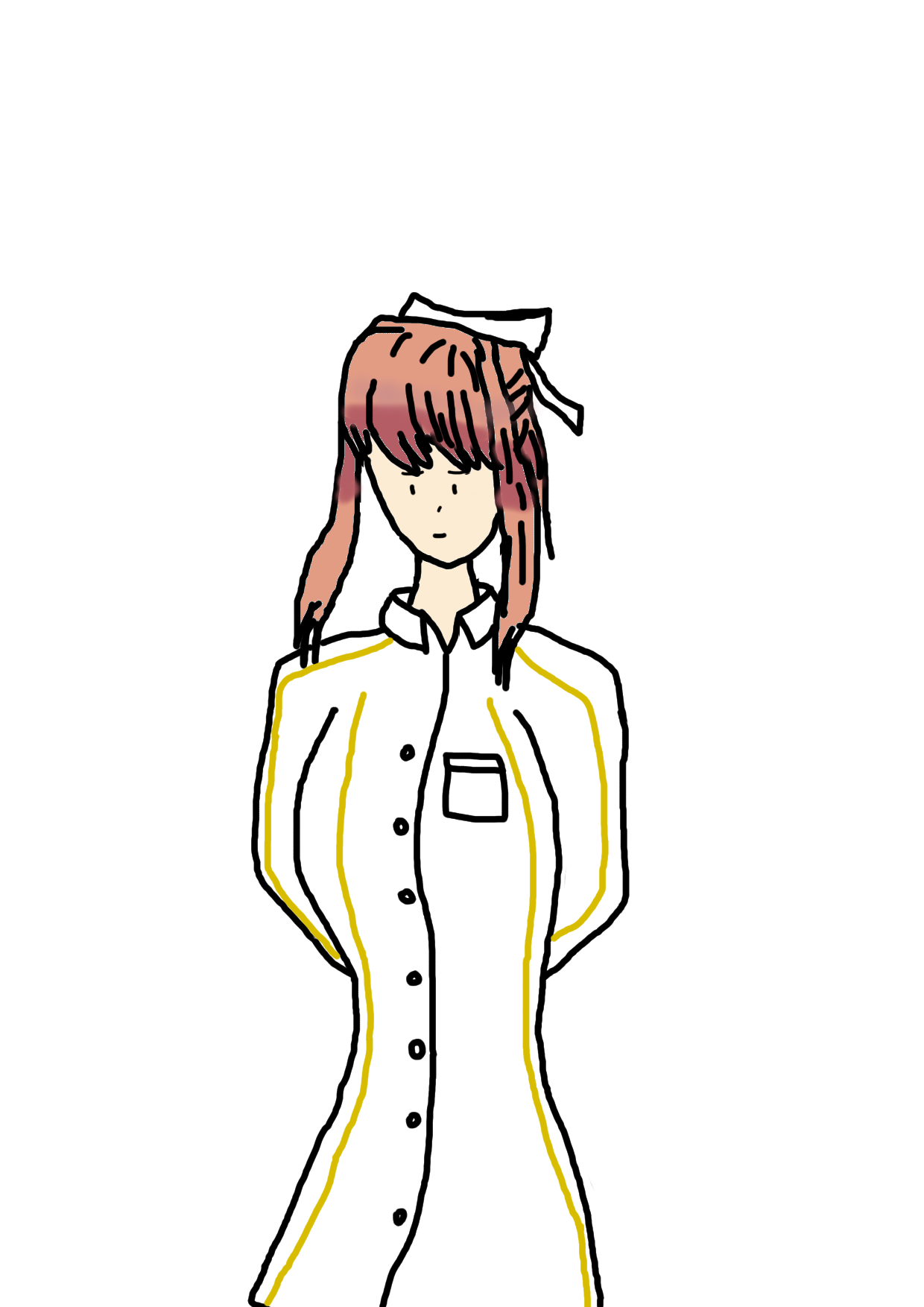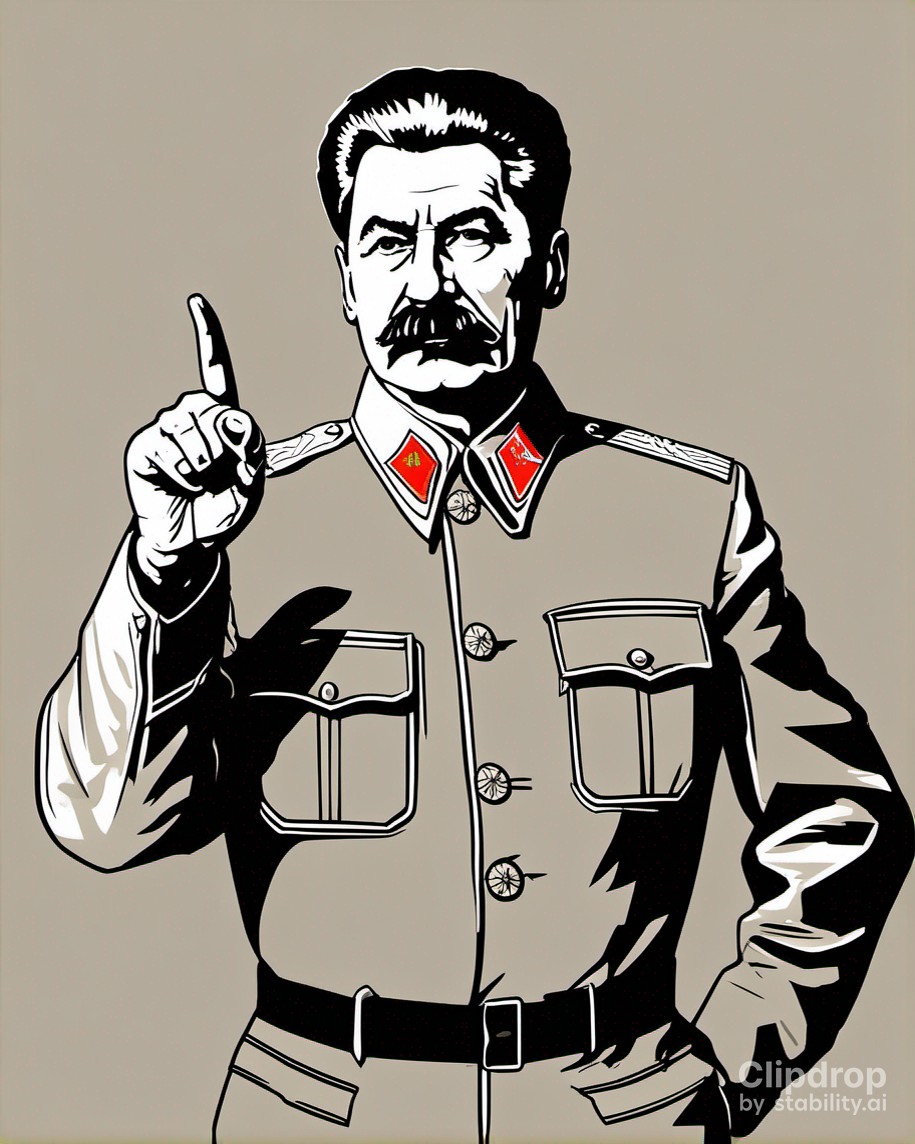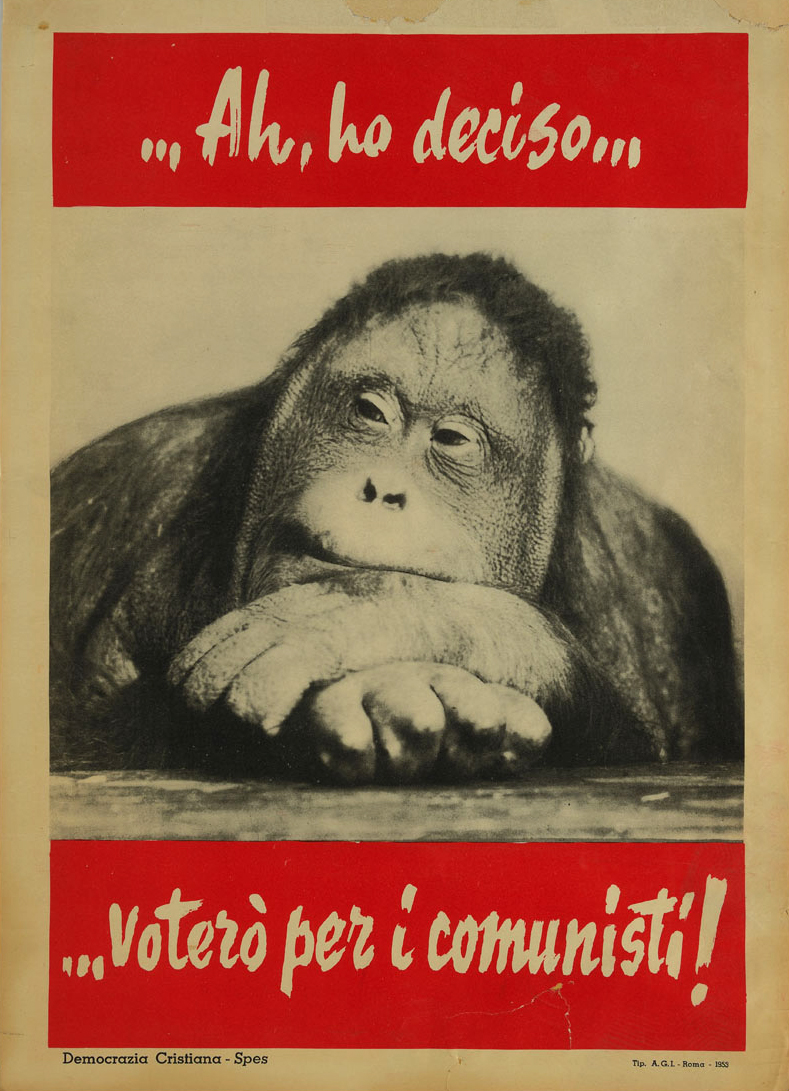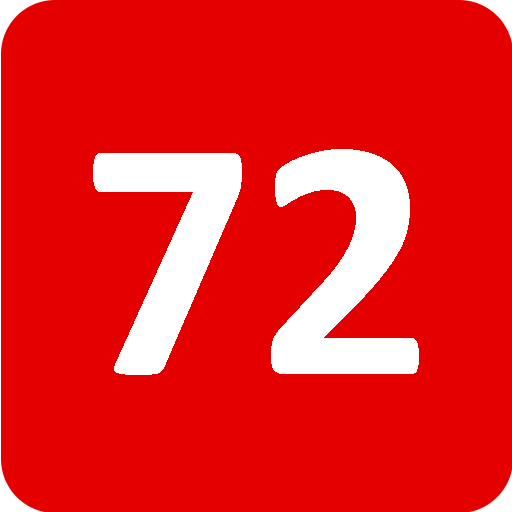Comparing people to viruses is trite, dehumanizing, unhelpful.
It’s also a complete failure of a simile. Virus simply are. They have no agency. No life. Just a pattern of inert molecules, occasionally bumping into the right place to start overproducing duplicates. Viruses can only exist as the shadow of something living. To compare people to that… is so off the mark it’s funny… especially when you’ve got a much better comparison right next to it.
You want a metaphor? People are constituent cells of a much larger organism. An organism made of multi-cellular organisms. “Meta-cellular”, if you’re that sort of dork. This isn’t without precedent. You can model an army of ants as a single organism, even check the health of the colony by taking the temperature of the anthill. The behavior and labor of all the ants combine up to an output far larger than anything an equal number of individual ants could do.
Of course, unlike cells or ants, people’s lives are nowhere near so prescribed. Each of us decides our own behavior. We learn, from our own experience and – most critically – from observing others. And as we all choose and develop our behavior, it adds to the behavior of others’, and something larger emerges. Call it community. Or nation. Country. State. Religion. Empire. Society. Economy. A bigger organism is born from the collective action of us all, whether we’re aware of it or not.
It’s not a smart organism. It has no awareness, no brain – that’s all concentrated in each ‘cell’. But it is powerful. Capable of altering landscapes, redirecting rivers – moving mountains, even… Its mere existence is a weight on the world. Ecologies bend towards it, fall into orbit. Smaller organisms are crushed without notice – sometimes completely. Often completely…
The behavior of this big organism is decided, partly by the thoughts, but primarily by the actions of its constituent components. Again, it’s not sentient. It doesn’t need to be. People already do that bit. You wouldn’t need to be sentient, either, if your cells could invent clever new ways of doing… whatever fiddly little things cells do (Something with oxygen, I think?)… and share it with one another.
The point is, right now that big organism is doing a great big capitalism. Or, perhaps, that organism is capitalism. For us, here in this moment of history, our job is to start organizing the next organism…
Rhetoric like “Humans are a virus” implies a collectivity of agency and responsibility between human beings that does not exist
There is no equivalence between a western billionaire and a starving child in the Sahel, what matters is their positioning and concrete relationship to capitalist production, which is the scientifically proven source of climate change
Good thing there’s a vaccine

If you want to use the “global warming is like a fever” metaphor (which, don’t) capitalism is the virus and humans along with all the other life are the cells that die if a fever goes on without end
The ‘humans are the real virus’ rhetoric is disgusting, and just keep in mind that people’s views on humanity generally reflect themselves.
Im not so sure. I love humanity but im unpredictable and unstable.
deleted by creator
The amount of times I’ve heard this rhetoric coupled with “the animals are better than us! We should let them govern the planet instead! They’re vastly superior to us murderous beings” is baffling
Yeah. Beyond the obvious ecofash aspect of it, plenty of animals are murdery or selfish as well. We have the reason and capacity to do better though, so we should.
I for one welcome a world ruled by the Orangutan-Bonobo-Cetacean alliance.
If i could kill all gorillas to save 1000 humans i would, even though i think gorillas matter.
deleted by creator
Humans are the only beings capable of being destroying the world. But we’re also the only beings capable of taking care of it, making sure it’s healthy and safe.
Our power is our responsibility. We were born, a long chain of infinite lives over billions of years, to be the gardeners of Earth.
Well it’s not like we can blame the whales
Just the corporate ones
the whales aren’t doing enough
I think the whales blame us.
Removed by mod
 well we have to nuke something
well we have to nuke something
I think probably a lot of people who parrot the virus stuff have not given it much thought, just think it sounded cool in the Matrix.
just think it sounded cool in the Matrix
The whole line was spoken by the arch-cop during an interrogation. Sometimes I wonder if that scene is an unintentional political Rorschach Test.
I think it is just Christianity making people hate humanity but also love and extoll all of its virtues so thqt they can simeltaeneously be a martyr and a misanthrope.
Removed by mod
Modern mainstream Christianity (in the USA at least) is very pro-capitalist. There are some other parallels I’ve noticed, such as the rise of mega churches.
Removed by mod
“Listen! Hear the cries of the wages of your field hands. These are the wages you stole from those who harvested your fields. The cries of the harvesters have reached the ears of the Lord of heavenly forces. You have lived a self-satisfying life on this earth, a life of luxury.”

viruses are a vital part of the dialectics of evolution, without them animals might never have existed. Typical fascist exterminationism ideology!
👆 this officer, right here. BMF is posting again.

Lol yeah
People don’t mean themselves or their families - when they say this they’re saying foreigners are the virus whether they know it or not
Nah I explicitly mean my family lol
Lmao yeah your racist uncle do be virulent
Humans have lived on this earth for ~300k years and most of that time we were basically in harmony with the natural world, whereas capitalism has only been a global system in the last century, which is when we started to see gigantic spikes in CO2.
But have you concidered this snowball I brought to the Legislative Floor in the middle of summer?

It’s also much more apt to compare capital to a kind of social virus imo. It infiltrates into human agency in order to multiply itself
Hey do you know the artist? I’d love to repost this on the prolewiki twitter
I think I found the artist: https://www.reddit.com/r/learntodraw/comments/q4lbgc/i_havent_been_motivated_to_draw_recently_but_then/
not sure who made the edit tho
goddamnit
i spent 10 minutes trying to track down the artist by myself on break time without realizing someone already did it lmao
We appreciate your effort though, it’s very caring and helpful to try
awww, thank you so much! 💖


Unknown, sadly, its been floating around since 2021.
it seems not everything gets drudged up from the posting trenches after all…
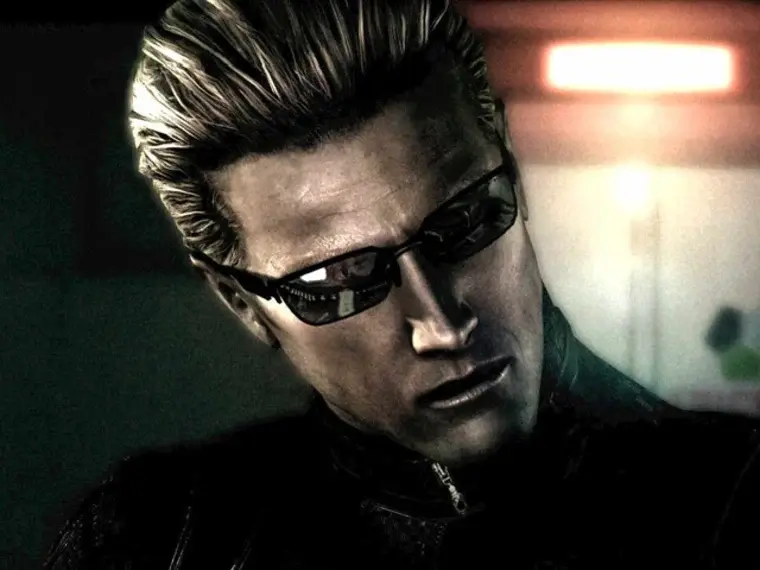
I tried digging for it for no success
Life is a virus, like reproduction is literally a defining characteristic of life
And yet the lack of independent reproduction is why viruses aren’t alive
Lmao.
Smartest misanthropes “logic” above already debunked by your reply.
Yeah, because humans were real snuggly before capitalism
Ah, the human-caused climate change of 5000 BCE, truly a tragedy the likes of which we had never seen before and will never see again
You think if Roman emperors would abstain from burning gas for money if they knew how to?
“If Roman Emperors were capitalists, they would do capitalist things” isn’t really the great point you think it is bud lmao
If you actually cared about history, you’d ask more interesting questions like ‘why with did the Roman Empire’s economy never consolidate into a fully realized capitalist mode of production despite having many proto-capitalist institutions and practices’
But of course you libs don’t have the capacity to ask interesting questions about history, because you’re too busy parroting half-baked neoclassical theorems on “human nature”
Not what I said.
If Roman Emperors
were capitalistscould burn gas and harness its energy, they woulddo capitalist thingsburn gas and harness its energyWhat is very interesting is that based off of existing historical and archaeological records, the Romans did have the capacity and academic know-how to harness steam power and theoretically create steam-powered mechanisms, which could have eventually translated into coal. So even that point is generally unsound. They could have, but they didn’t, with these contraptions remaining as academic theory or novelties such as water clocks.
The general materialist theory around this is that this is mostly because of the elite reliance on the slave economy, the slave economy’s gutting of the political will of the bourgeoisie, and the lack of translation between purely academic knowledge and trades knowledge. Basically, the empire was too physically large to sustain any kind of coherent industrial movement, and what movement may have occured would have been fought tooth and nail by an elite class who’s primary mode of production was the monopoly of slave labor.
Theorists like Marx see capitalism particularly as a revolutionary moment that is, on the whole, a positive development for humanity and labor, just that at some point these large systems will have to deal with its own contradictions, in particular the immiseration of the very workers that are the primary producers of value. That said, he did not recognize it as system without violence or the requirements of empire, simply that it created a class that could potentially, because of it’s access to and knowledge of industrial practices, succeed in a social revolution, unlike the slaves and peasants before them. And to some degree he was correct, and to other degrees he was incorrect. In general, Marx’s socio-economic theories hold empirically stronger than his socio- political theories, but I am generally not one to throw the baby out with the bathwater.
It is more theorists like Proudhon who see capitalism as a pure net negative, an immiseration and proletarianization of the skilled working tradesman without any real compensation or hope of social revolution. For him, fighting against the capitalist machine itself as it was developing was the primary battle, not letting it take hold and then advocating for a social revolution in an inevitable moment of crisis. And again, he has been proven correct to some degree and incorrect to another and his socio- economic theories, especially those that dovetail with Marx, have proven empirically stronger than his socio- political theories.
That being said, we don’t really live in the exact same capitalist model that Proudhon or Marx were describing. We are actually living in a socio- political and socio- economic order that adheres more closely to what Lenin predicted, where the old-school rentier landlords and financial barons are the ones that dictate the terms of industrial development, after reasserting control over the market, not the internal industrial capitalists themselves, with the majority of profits being ‘super-profits’ created by imperial dominance, funneled to an imperial core. It’s a strange set-up more reminiscent of feudalism, where finance capital flows freely, but people are tied to the land, a reactionary form of capitalism even by Adam Smith’s standards.
Anyways, tldr, that’s fucking stupid, ahistorical, and reductionist.
 hell yeah dude
hell yeah dude 
I mean, he wasn’t happy about it. He more or less saw the Russian revolution as the last stop off the train before it ran itself towards oblivion (he was kind of a mix of Marx and Proudhon in that way), because he thought that if Tsarist Russia had it’s traditional boot off of Germany, the German proletariat would become the real vanguard of the revolution, which could then take on the real enemy (the British). And then when that didn’t happen (failed) in 1918 and then again in 1923 (right before he died) he generally became much more pessimistic about seeing a way off the tracks, and it is this line of thinking that was most influential to Stalin, because while he believed Lenin’s theories and observations, because of the success of their revolution he also believed that with organization and sacrifice, they could still get off the tracks. And so they did, for a time, but they didn’t quite forsee the U.S. becoming what it became (even though Marx in his later letters to Engels did predict that if anywhere was the last place to experience a profit decline crisis it would be the U.S. because of how large and relatively uninhabited it is).
deleted by creator
The Romans weren’t around in 5000 BCE dumbass
Wow you win how many debate credits would you like
Sorry folks here like to have coherent discussions and dislike moving goal posts
Then setup better goalposts
if
Ah, yes. Things that didn’t happen used as historical arguments.
This is a dead end, as it is not real.
One of the fundamental assumptions behind most eco-fascist rhetoric is that the amount of resources on Earth is insufficient for the current number of people or some arbitrary number of future people, and therefore that those resources could either be shared equally (and everybody will eventually starve) or a subset of humanity should get more of the resources and let the rest starve. I cannot stress enough that this is unequivocally false. The amount of resources and food that Earth is capable of supplying humanity far exceeds current and projected future populations.
It’s a problem of distribution as the West takes far, far more resources than the rest of the planet’s population. It’s also a problem of exploitation, because developing economies are pressured into growing crops for making money - like opium poppies - rather than for food agriculture. Human development and technological advances in fertilizers and seeds and so on created the ability for humanity to not need to starve. Capitalism created the network in which those resources are funneled to a global minority via markets.
Recommended reading on this is Late Victorian Holocausts, in which the authors describe how famines which killed tens of millions of people in impoverished countries in the late 19th century - so, firmly in the capitalist era - were not caused by a lack of food in total (in most cases), but rather by imperialist countries like Britain taking away their grain for domestic consumption and merchants in markets in countries like India marking up prices so severely that the poor could not possibly afford it. The same railroads that were lauded for their ability to distribute grain from areas of bountiful harvest to areas with bad harvest ended up taking that grain from developing countries to Europe while the rest starved. Amartya Sen: “Famine is the characteristic of some people not having enough to eat. It is not the characteristic of there not being enough food to eat.”
As @iridaniotter@hexbear.net said in the replies, the feudal mode of production was unable to change the climate to the same degree that the capitalist mode of production is able to, and was too inefficient compared to capitalism for the problem to necessarily be one of distribution and not total food production. Humans were generally victims of climate and environmental conditions, whereas now we can, to a significant degree, bend it to our will. The crime is that we do not use those powers to end starvation when it is now entirely within our means to do so, when that wasn’t (as) true before capitalism.
The feudal mode of production is inherently incapable of meaningfully changing the climate. It’s a moot point.
Capitalists do not destroy the environment because of malice, no one wakes up one day and decides they really wanna fuck up some coral or drive a species of frog to extinction
Capitalists destroy the environment because of a specific profit imperative that dominates their thinking and behavior, profits go up when costs go down, and the maintenance of the environment is an external cost
So the snuggly or non-snuggly nature of humans prior to capitalism is completely irrelevant
no one wakes up one day and decides they really wanna fuck up some coral or drive a species of frog to extinction
Have you met Amerikkkan chuds
I mean, non capitalist countries also destroy the environment
Yes actually. We know full well what humans were like in hunter gatherer tribes, because we still have such tribes living today.
I suggest you meet the Hadza. A living demonstration of how different human beings are depending on the system you place them in. When humans have neither competition with one another nor a lack of material abundance they become something quite different.
Your interpretation of humans as assholes comes from never having known anything other than capitalism. If you lived in a burning building and never knew any different environment you would also believe that it is natural for humans to endlessly cough.
Do give that thread a full watch, and read the last couple posts. It will change your attitude.
There are two massive problems with that line of thinking: the first is the fact that capitalism is fundamentally a continuation and escalation of what it originally replaced, many of the core concepts of it originated under mercantilism, and the fundamental inequity and ownership-based-rule stretches back through feudalism all the way into antiquity, for all that it’s had different flavors and social expectations along the way. The second is that capitalism is the hegemonic system now, so there’s no reason to rail against feudal proto-capitalism or the primitive accumulation of the Roman empire, because they are all dead and gone.
Hell, a not insignificant chunk of the European bourgeoisie are literally the failchildren of landed aristocracy, and most non-aristocratic “old money” families at this point got their start under mercantilism. If the old Roman patrician families were still around instead of having diminished into obscurity in the middle ages they’d be bourgeoisie too, and probably weirdo hyper-fascists like most aristocratic failchildren are.
Leftism is about claiming nothing meaningful ever changes or can get better. The more apathetic thought terminating cliches, the more leftist it is.





